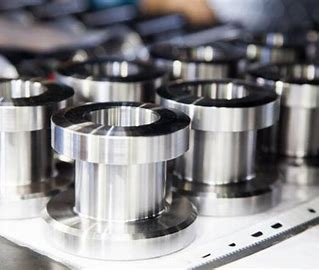Low volume manufacturing strategies aren't for everyone, but in some industries—like medical device creation—they are indispensable.

How Do You Choose a Good Low Volume Manufacturer?
As we all know, every low-volume production company is different. Thus, it will help if you consider each of them separately.
Analyze it according to your product and market. Here are essential factors to consider:
1) Quantity
How many parts do you intend to produce? Do you need a prototype with an excellent surface finish? A low-volume supplier should help you make a few high-quality parts or thousands of them.
The manufacturer should have a team of engineers to handle low and mass production.
2) Choose Materials
Material is another crucial factor to consider when searching for a low-volume manufacturer. Keep in mind that you have a variety of raw materials to choose from with low volume production.
As such, know whether the company you are considering is open to all those material options.
3) Complexity
Consider your part as well. How complex is it? It will determine the expense and the complexity of the entire process.
Make sure you settle for a manufacturer who can handle your part and its complexity. He should do this at a reasonable cost and give you the best solution.
4) Response
The manufacturer should respond quickly to your queries. You can check his ability to answer your doubts. It would help you at the time of shifting to mass production.
How Do You Choose a Low Volume Manufacturing Strategy?
Choosing a low volume manufacturing strategy center on the expense in the creation of the product, the development timeline, and its overall complexity. After reviewing those criteria carefully, the creator should look at some of the most common strategies used in production to define their own individual processes.
#1: High Mix, Low Volume Manufacturing (HMLV)
High Mix, Low Volume manufacturing may appear to be a chaotic process, as typically, many different products are created together in small batches. This strategy will require many process changes and a diverse set of materials and tools. As such, it’s not an option that’s well suited to an assembly line environment as it requires creativity and adaptivity.
#2: Adaptive Lean Low Volume Manufacturing
This method is typically best used when creating a series of identical products or ones that aren’t particularly complex, as the process will allow for little deviation. Lean is probably one of the best solutions for creators who are particularly concerned about controlling costs. The standardization will enable them to see exactly where the most significant percentage of their funding goes and then scale back as needed.
#3: Just-in-Time Manufacturing (JIT)
JIT can work in low and high-volume environments. It’s really about serving demand.
In conclusion
TEAM MFG and our engineers could come up with solutions to problems. Knowledge of the supply chain would be a bonus.













